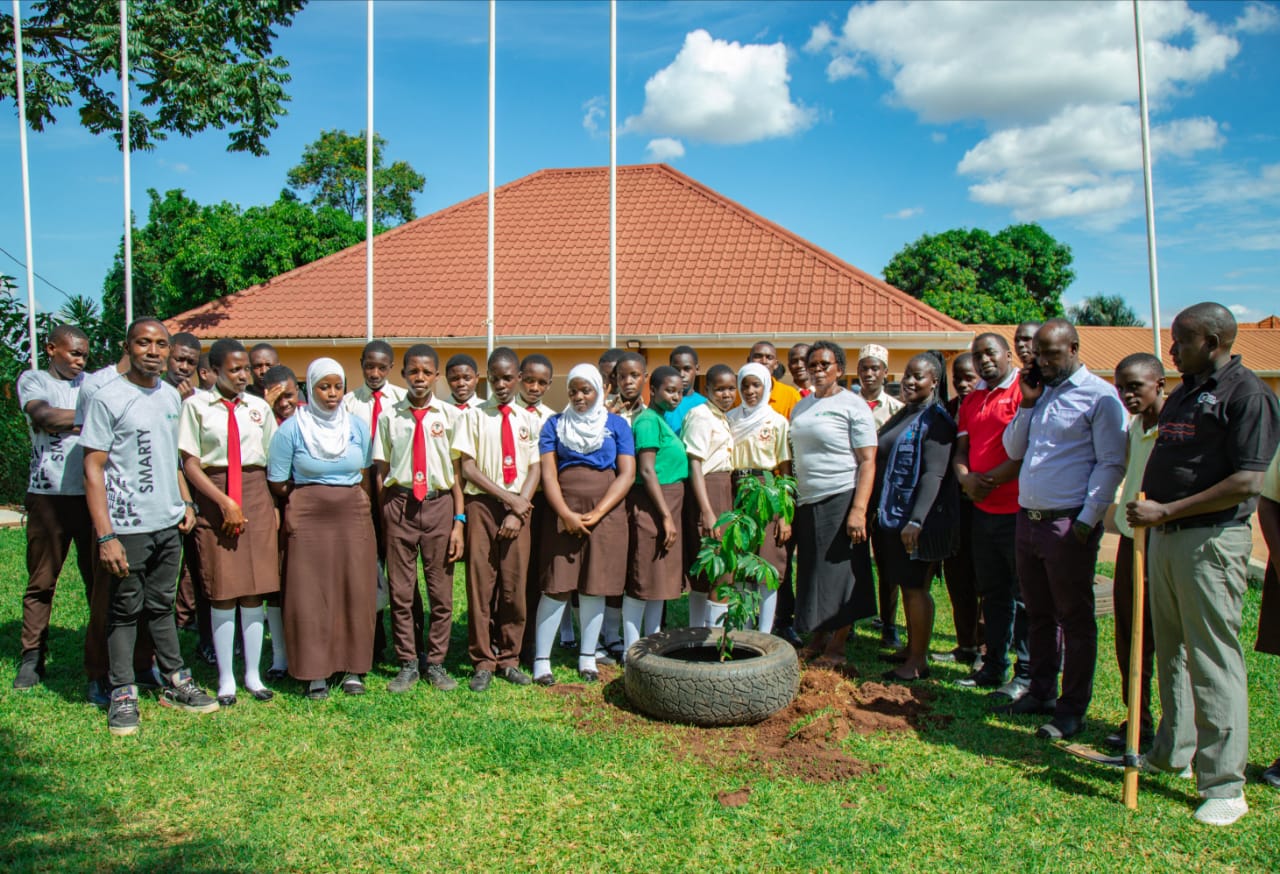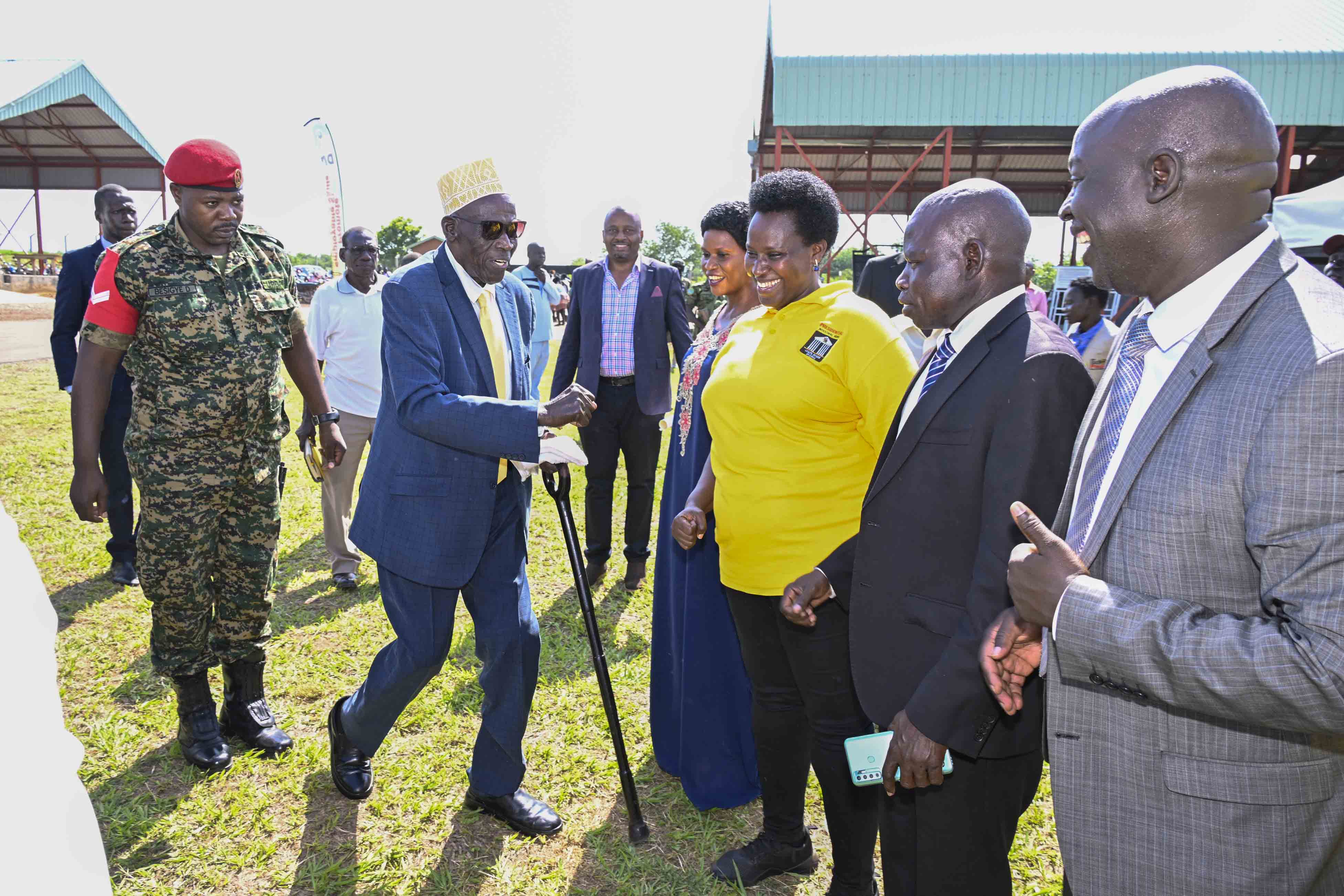Constitution not cast in stone
A fallacy is generally defined as “a mistaken belief, especially one based on unsound arguments” or simply put, “it is faulty reasoning.” In the debate over the amendment of Article 102 (b), which sets the minimum age of the President at 35 and maximum at 75, the Opposition that is against the proposed amendment, has advanced three key fallacies in making their case. Let’s look at each of them.
Legality Fallacy
Keep Reading
In the build-up to their campaign, the Opposition has sought to vilify the leading proponents of the Constitution amendment, including directly planning and encouraging attacks on some of them. It is what motivated for example the attack on Hon Simeo Nsubuga on August 1 in Mubende among others. The message of the Opposition is that those seeking to amend the Constitution are engaging in an act of criminality and must therefore be isolated or attacked. The phrase “Kojjikwatako” is actually a threat.
What is the truth though? In choosing to amend the Constitution, the MPs are very well within the law. The entire Chapter 18 of the Constitution dwells on the subject of amendment. Article 259 (1) specifically notes: “Subject to provisions of this Constitution, Parliament may AMEND (emphasis mine) by way of addition, variation or repeal, any provisions of this Constitution in accordance with procedure laid down in this Chapter.”
It then clusters specific Articles that besides the two-thirds majority support in Parliament must be backed through a referendum (Article 260) or with support of district councils (Article 261). Article 102 is one of those Parliament is free to amend once it is backed by at least two thirds of its members at the second and third readings.
The only Article from Chapter Seven, which deals with the Executive, that cannot be only amended by Parliament is 105(1), which besides parliamentary majority, must also be subjected to a referendum. It is the article that sets the length of a presidential term at five years.
Hon Raphael Magyezi has therefore broken no law in moving a Private Members Bill seeking to amend Article 102(b) as the Opposition is trying to frame the discussion.
The off-shoot of this fallacy is one that argues that the Constitution is sacrosanct and should therefore not be amended. The Constitution is not cast in stone and as Thomas Jefferson, one of the American Founding Fathers, who later served as its third President, says:
No work of man is perfect. It is inevitable that, in the course of time, the imperfections of a written Constitution will become apparent. Moreover, the passage of time will bring changes in society which a Constitution must accommodate if it is to remain suitable for the nation. It was imperative, therefore, that a practicable means of amending the Constitution be provided.
Let me address myself to just one fact on what Jefferson says, “passage of time will bring changes in society which a Constitution must accommodate…”
When the Constituent Assembly began its deliberations in 1994, the average life expectancy in Uganda was 43 years while the country’s population was 19 million people. The World Health Organisation put Uganda’s life expectancy in 2015 at 60/64 years (male/female) while our population now stands at over 37 million (Source: UBOS).
Given the above demographics, it is understandable why the framers of the Constitution in 1994 could have chosen the limited field of 35-75 years from which to pick a President. However, what is clear now is that a lot has changed in terms of demographics and population. It is evidently discriminatory with the increased population and life expectancy to retain the pool for presidential candidates at 35-75 years.
The Transition Fallacy
It is the second fallacy of the Opposition. Here, they argue that Article 102(b) is a safeguard that will ensure a smooth transition from President Museveni to another President. In making this case, they refer to Uganda’s “turbulent” past and how we have never witnessed a “peaceful handover” of power. The fallacy with this argument is that is supposes that had there been a constitutional clause setting the presidential age limit at 75 years in 1971, 1979, 1985 and 1986 we would have seen smooth handover of power.
It is the most dishonest of Opposition arguments. The reason there was no peaceful handover of power pre-1986 was that our democracy was in shambles. It actually did not exist. The will of Ugandans was never heard nor respected. The chaotic 1980 elections is evidence of this. But there is another pertinent factor; the breakdown of law and order as envisaged in the indiscipline of the armed forces. The 1971 and 1985 coups exemplified this.
What we must ask now is; do we have a democracy where the peoples will is reflected and respected at elections? Are the elections periodic, free and fair? Are the armed forces disciplined and subordinate to civilian authority? Any sensible and honest Ugandan will give you an “aye” answer to all these questions. These are the critical ingredients of a peaceful transition and not the age limit.
The Biology Fallacy
Here, the Opposition has argued, without any empirical proof, that individuals above 75 years are not productive and therefore undeserving of the presidency. The likes of Hon Robert Kyagulanyi demand that “their generation” must rule. It is a question of biology. Give us power because we are young and youthful, they say.
It surely cannot be about age. It must be about what you stand to do for Ugandans once you have that power. What transformation can Ugandans expect in their lives once you are President? How will you guarantee the peace and liberties that are in over-supply now? What is your position on the place of Uganda in the region, continent and globally? These are not questions of biology, they are questions of ideology.
If you are able to answer these to the satisfaction of majority Ugandans, one needs not worry about their age. Ugandans will overwhelmingly endorse you for President. It is my unpaid tip to our Opposition: create a connecting message, market it to the population and get power. In politics, one rarely gets power through technicalities.
The writer is the Senior Press Secretary to His Excellency the President
Twitter: @nyamadon













